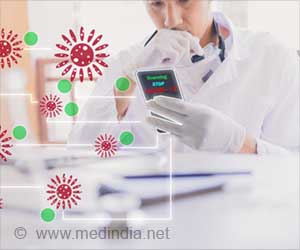Issues like less time of interaction between patients and doctors, medical errors could be resolved through Artificial intelligence

‘Medical community needs to stand up and strongly advocate for patient interests, which fully aligns with their ability to provide care.’
Read More..




Deep-learning neural networks have been trained with large, labelled data sets for high-level performance, matching or exceeding humans for games, images, voice recognition and self-driving cars.Read More..
Accuracy of medical scans like X-rays to mammograms, CT and MRI images increase with deep-learning algorithms. Diagnoses of the eye disorders like diabetic retinopathy and glaucoma and skin disorders like melanoma have had their accuracy substantially improved by these neural networks.
It also helps improve colonoscopy accuracy and improved embryo selection for in-vitro fertilization in the hospital setting to ensure patient safety. These tools are synergistic add-ons, not replacements for clinicians.
Italian academic neurosurgeon Antonio Di Ieva nicely summed it up, “Machines will not replace physicians, but physicians using AI will soon replace those not using it.”
It liberates doctors and patients from keyboards. Just a minute of keyboard entry time for doctors represented the equivalent of 400,000 hours of consultation time a year, or 230 full-time physicians Smartwatch algorithms can detect and classify abnormal heart rhythm, a drugstore kit to diagnose a urinary tract infection or a smartphone app to detect whether a child has an ear infection.
Advertisement
Though it is ironic that we may depend on AI and machines to promote emotional intelligence, the time for humans to think and be more human. But over the next decade, I hope we’ll see exactly that, whereby health systems and practices actually compete on the basis of how much time they give to their patients.











